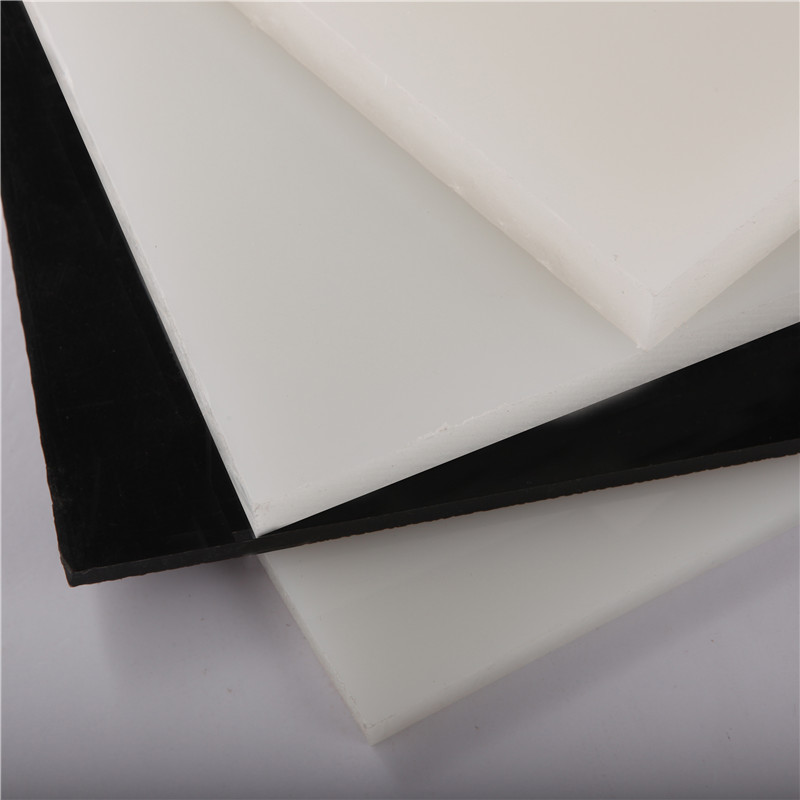Hyd . 10, 2024 22:37 Back to list
High-Density Polyethylene Corrugated Pipe Specifications and Applications Overview
Understanding HDPE Corrugated Pipes A Comprehensive Overview
In the realm of civil engineering and construction, the choice of materials plays a pivotal role in ensuring the longevity and efficiency of infrastructure projects. One such material that has gained significant popularity is High-Density Polyethylene (HDPE) corrugated pipe. This innovative solution has revolutionized the management of stormwater, sewer systems, and drainage applications due to its unique properties and advantages.
HDPE corrugated pipes are manufactured from high-density polyethylene, a robust plastic known for its durability, flexibility, and chemical resistance. Their corrugated design enhances the structural integrity of the pipe while reducing its weight. This combination makes HDPE corrugated pipes an ideal choice for various applications, particularly in stormwater management systems, trenchless technology, and agricultural drainage.
Durability and Longevity
One of the primary reasons for the growing popularity of HDPE corrugated pipes is their exceptional durability. Unlike traditional materials such as concrete or metal, HDPE does not rust, corrode, or degrade due to environmental factors, making it a suitable option for various soil conditions. The longevity of HDPE pipes can exceed 50 years, significantly reducing maintenance costs and the need for frequent replacements.
Lightweight and Easy to Handle
HDPE corrugated pipes are notably lighter than traditional piping materials. This factor not only makes them easier to transport but also simplifies the installation process. Construction teams can reduce labor costs and time spent on site due to the manageable weight of these pipes. The flexibility of HDPE also allows for easier handling during installation, especially in tight spaces or challenging terrains.
Environmental Benefits
As environmental concerns continue to rise, the sustainability of construction materials is under scrutiny. HDPE is a recyclable material, aligning with modern eco-friendly practices. The production of HDPE pipes generates less carbon emissions compared to traditional materials, and their long lifespan reduces the frequency of replacements, further minimizing environmental impact. Additionally, the smooth interior surface of HDPE pipes allows for better flow rates, reducing the energy required for pumping systems.
hdpe corrugated pipe

Corrosion and Chemical Resistance
Another significant advantage of HDPE corrugated pipes is their resistance to various chemicals and corrosive substances. This characteristic is particularly beneficial for applications involving wastewater or industrial effluents, where conventional materials might fail. HDPE's ability to withstand aggressive chemicals ensures that the pipes maintain their integrity and functionality over time, safeguarding the surrounding environment from potential contaminants.
Cost-Effectiveness
While the initial investment in HDPE corrugated pipes may be comparable to that of traditional materials, the long-term cost-effectiveness cannot be overstated. With reduced maintenance requirements, lower labor costs during installation, and a decreased need for replacements, HDPE offers a compelling value proposition. Over the lifespan of a project, these savings can prove significant, making HDPE a smart financial choice for many contractors and municipalities.
Applications
The versatility of HDPE corrugated pipes spans a wide range of applications. They are commonly used in stormwater management systems to efficiently manage runoff and prevent flooding. In agricultural settings, these pipes facilitate drainage in fields, ensuring optimal crop growth. Additionally, they are employed in various trenchless technology projects, allowing for the installation of underground services with minimal disruption to the surface.
Conclusion
In conclusion, HDPE corrugated pipes represent a formidable advancement in piping technology, offering numerous advantages over traditional materials. Their durability, lightweight nature, environmental benefits, chemical resistance, and cost-effectiveness make them an increasingly popular choice among engineers and construction professionals. As infrastructure demands continue to grow, HDPE corrugated pipes will undoubtedly remain at the forefront of sustainable and efficient solutions in the industry. Emphasizing their capabilities and benefits can help promote the adoption of this innovative material, paving the way for more resilient and eco-friendly infrastructure projects in the future.
-
High-Precision PVC Rigid Sheets for Vacuum Forming | AI-Optimized
NewsAug.05,2025
-
Durable PVC-M Water Supply Pipes | 60-Year Life
NewsAug.04,2025
-
Premium HDPE Water Supply Pipes: Durable & Leak-Proof
NewsAug.03,2025
-
Premium PVC-M Water Supply Pipe - Durable & Efficient
NewsAug.02,2025
-
Premium PP Welding Rod: GPT-4 Turbo Enhanced
NewsAug.01,2025
-
HDPE Drainage & Irrigation Pipe - Durable, Efficient Solutions
NewsAug.01,2025

